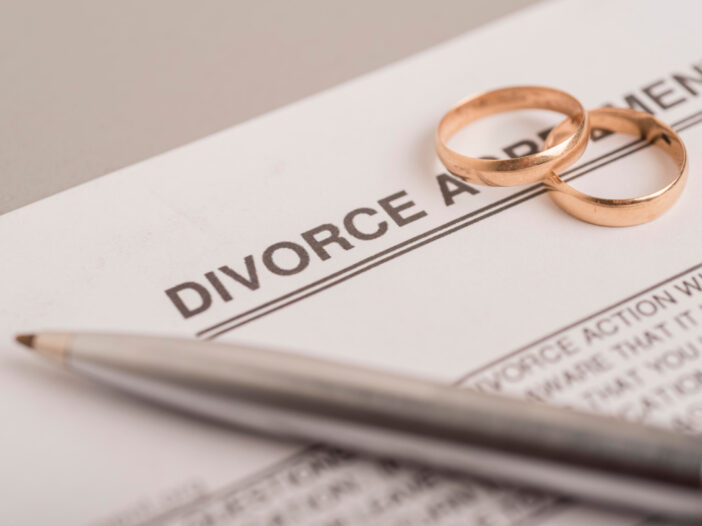
Very few divorce experiences are completely free of conflict. But contested divorces – in which the couple who is seeking the divorce is unable to agree on significant issues, such as division of assets or child support – can be especially stressful, time-consuming, and financially burdensome.
If you’re facing the prospect of a contested divorce in New York State, read on to learn more about the options for settling a contested divorce and preventing it from going to trial.
What Is a Contested Divorce?
The divorce process requires couples to make numerous shared decisions regarding issues such as dividing assets and liabilities, spousal support or alimony, child support, and arrangements surrounding custody and visitation, among other potentially life-changing concerns.
When couples are able to agree on these issues, their divorce is what is considered to be uncontested; when the parties cannot agree on these issues before their divorce trial (even with the help of a mediator), their divorce is then considered contested, and the parties involved requires the court to make the determinations for them.
What Are the Grounds for Divorce in NY?
According to the New York State Unified Court System, the following situations are grounds for divorce (including but not limited to contested divorce) in New York State (NYS):
- No-fault divorce: The marriage has been over for a minimum of six months, and all financial concerns (i.e., debt, division of marital property, custody, and child support) are settled.
- Abandonment: The spouse has abandoned the plaintiff for at least a year. This may be by leaving their shared home with no plan to come back, or by refusing to have sex with the Plaintiff (“constructive abandonment”).
- Adultery: If the spouse engages in adultery during the marriage, the Plaintiff can use this as a ground for divorce (note that this can be difficult to prove).
- Cruel and inhuman treatment: The spouse has committed acts of cruelty that physically and/or mentally endanger the Plaintiff within the last five years.
- Divorce after a judgment of separation (also known as “conversion”): Although uncommon, in these cases, the Supreme Court makes a judgment of separation, and the couple spend a year living apart.
- Divorce after a legal separation agreement: Both the Plaintiff and Defendant sign a legally valid separation agreement to spend a year living apart.
- Imprisonment: The spouse has been in prison for a continuous period of at least three years, beginning after the couple got married. This is legal grounds for divorce for up to five years after the spouse’s release from prison.
These seven grounds are considered to be legally valid reasons for divorce in NYS.
What Are the Financial Incentives to Settle?
In general, an uncontested divorce is much less time-consuming and expensive than a contested divorce since it does not involve legal processes such as a trial, discovery, etc. Not only do the legal proceedings themselves require a great deal of time and money, but the preparations for these proceedings can also be costly. Thus, the financial incentives to settle may vary, but they tend to be significant. An uncontested divorce in New York tends to cost about $5,500, while a contested divorce in NY averages about $27,000.
When Does a Contested Divorce Go to Trial?
This depends on how many unresolved issues remain after the judge/clerk’s preliminary conference, when they meet with both parties to assess which issues will likely need to go to trial.
By the end of this conference, ongoing and unresolved issues will prompt the creation of a discovery schedule. The judge will also set the trial date, which is typically a year or less away but can be further out for particularly complex cases of contested divorce. A contested divorce may take over a year to finalize, especially when emotionally fraught issues such as child custody are the couples’ points of contention.
Advice for Settling a Contested Divorce
Divorcing couples who are struggling to agree on significant issues, but who would like them to be resolved without the cost and stress of a contested divorce, may instead consider a collaborative divorce.
Collaborative divorce involves both party’s members to cooperate to come to agreements with the guidance of expert attorneys; for divorces happening in New York State, these would involve specialized NY divorce lawyers.
Unfortunately, if a couple’s collaborative divorce process fails to achieve the goal of an uncontested divorce, the couple will have to proceed with a contested divorce.

